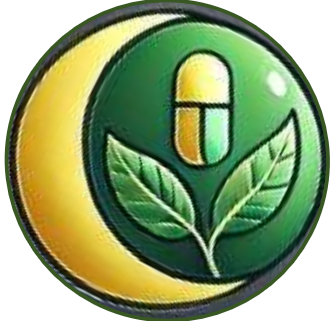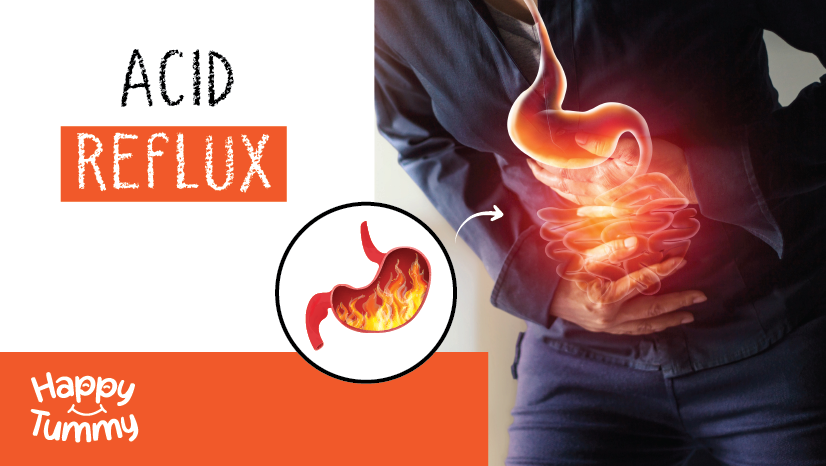Acid Reflux: General Information
Definition
Acid reflux, also known as bile reflux, occurs when bile—a digestive fluid produced in the liver—flows upward from the small intestine into the stomach and esophagus. This backflow of stomach acids into the esophagus, the tube connecting the throat and stomach, can cause significant discomfort and potential health risks.
If left untreated, acid or bile reflux can inflame the esophagus lining and stomach, increasing the risk of complications such as esophageal cancer.
Signs and symptoms of acid reflux
- Upper abdominal pain, sometimes severe
- Frequent heartburn—a burning sensation in the chest that may spread to the throat, often accompanied by a sour taste
- Nausea
- Vomiting bile
- Occasional coughing or hoarseness
- Unintended weight loss
Causes and Complications of acid reflux
Bile, a greenish-yellow fluid essential for digesting fats and eliminating toxins, is produced in the liver and stored in the gallbladder. During digestion, bile flows from the gallbladder to the small intestine via small ducts. Several factors can disrupt this process, causing acid or bile reflux.
Key causes include:
- Weak Sphincter Muscles: When the lower esophageal sphincter fails to close tightly, stomach acid and bile can flow back into the esophagus, especially when lying down or sleeping.
- Gastric Surgery Complications: Procedures like gastrectomy or gastric bypass can damage the pyloric valve, leading to reflux.
- Peptic Ulcers: Ulcers can obstruct the pyloric valve, causing delayed stomach emptying and increased pressure that leads to reflux.
- Gallbladder Surgery (Cholecystectomy): People who’ve had their gallbladder removed are at a higher risk of bile reflux.
- Prescription Medications and Injury: Certain medications or physical injuries may contribute to reflux.
complications
Acid and bile reflux can result in severe health issues, including:
- Gastroesophageal Reflux Disease (GERD): Frequent heartburn leading to esophageal inflammation (esophagitis).
- Esophageal Stricture: Scar tissue from repeated exposure to stomach acid can narrow the esophagus, causing swallowing difficulties.
- Barrett’s Esophagus: Prolonged acid or bile exposure can lead to precancerous changes in esophageal cells.
- Esophageal Cancer: Chronic reflux increases the risk of this serious cancer, often diagnosed in advanced stages.
- Gastritis: Stomach irritation and inflammation that can progress to ulcers, bleeding, or an increased risk of stomach cancer if untreated.
Diagnosis
Doctors use the following tests to diagnose acid reflux and its complications:
- Endoscopy: A thin, flexible tube with a camera (endoscope) is used to detect inflammation, ulcers, or abnormal changes in the esophagus and stomach lining. Tissue samples may be taken for further analysis.
- Ambulatory Acid Tests: These measure acid levels in the esophagus to diagnose acid reflux but may not detect bile reflux.
- Esophageal Impedance Testing: This detects the backflow of non-acidic substances, such as bile, into the esophagus.
Treatment and Prevention
Conventional hospital treatments manage symptoms through medication (e.g., ursodeoxycholic acid) or surgeries, which may have limited success.
Our approach focuses on strengthening the sphincter muscles to prevent acid reflux and offering dietary counseling. This treatment yields successful outcomes within a short period—typically one month.
lifestyle and home remedies
While seeking permanent treatment, the following lifestyle changes can help reduce symptoms:
- Stop Smoking: Smoking increases stomach acid production and reduces saliva, which protects the esophagus.
- Eat Smaller Meals: Smaller, frequent meals reduce pressure on the esophageal sphincter.
- Stay Upright After Eating: Wait at least 2–3 hours before lying down to allow your stomach to empty.
- Limit Fatty Foods: High-fat meals relax the lower esophageal sphincter and slow digestion.
- Avoid Aggravating Foods: Reduce intake of caffeine, carbonated drinks, chocolate, citrus, vinegar-based dressings, onions, spicy foods, and mint.
- Limit Alcohol Consumption: Alcohol irritates the esophagus and relaxes the esophageal sphincter.
- Lose Excess Weight: Excess weight increases abdominal pressure, worsening reflux symptoms.
- Elevate Your Bed: Raise the head of your bed 4–6 inches to reduce nighttime reflux.
- Practice Relaxation Techniques: Stress slows digestion and exacerbates reflux symptoms. Deep breathing, meditation, or yoga can help.
Conclusion
Acid reflux is a manageable condition with the right combination of medical intervention, dietary adjustments, and lifestyle changes. For long-lasting relief and prevention, consult our clinic for effective and personalized treatment.


